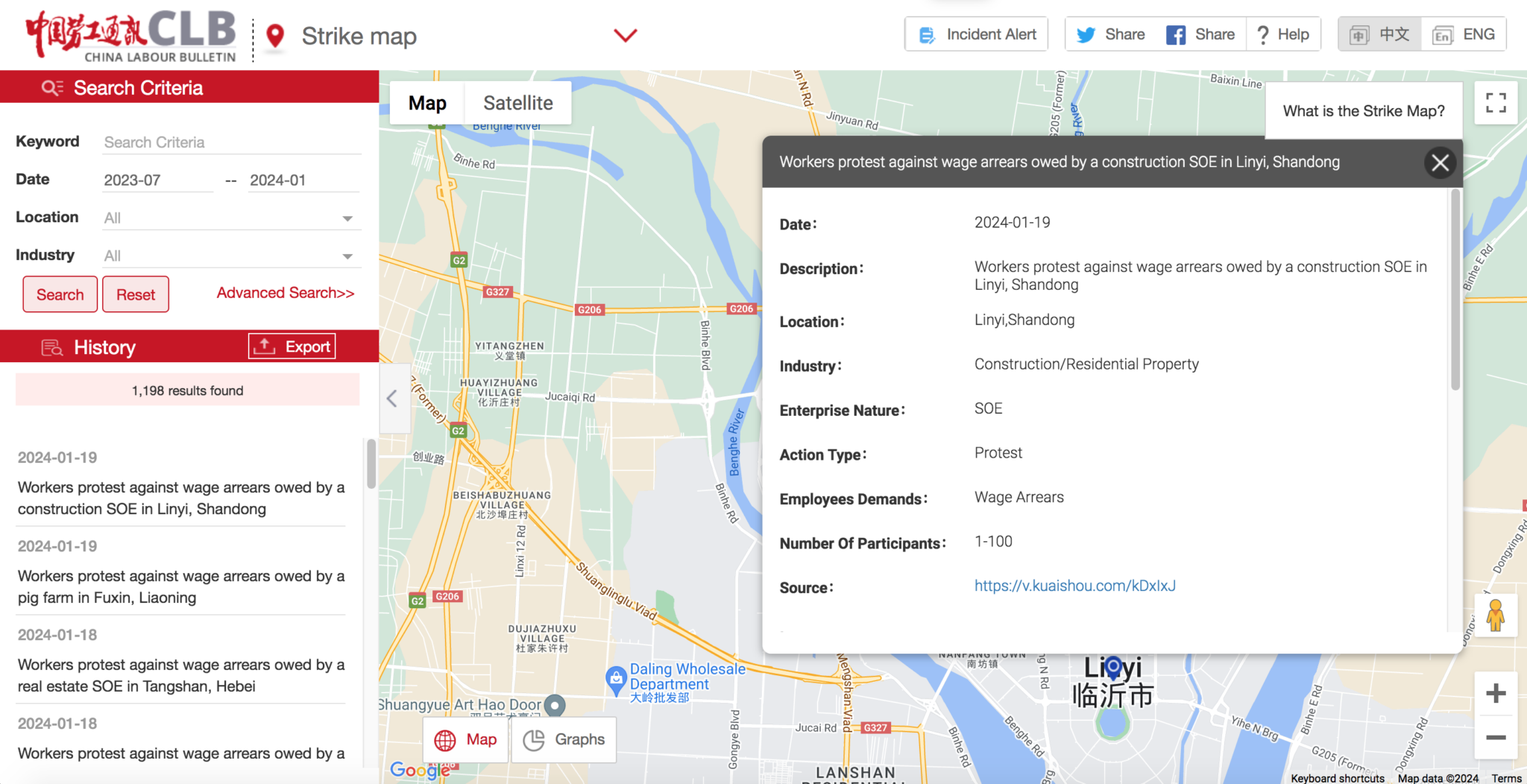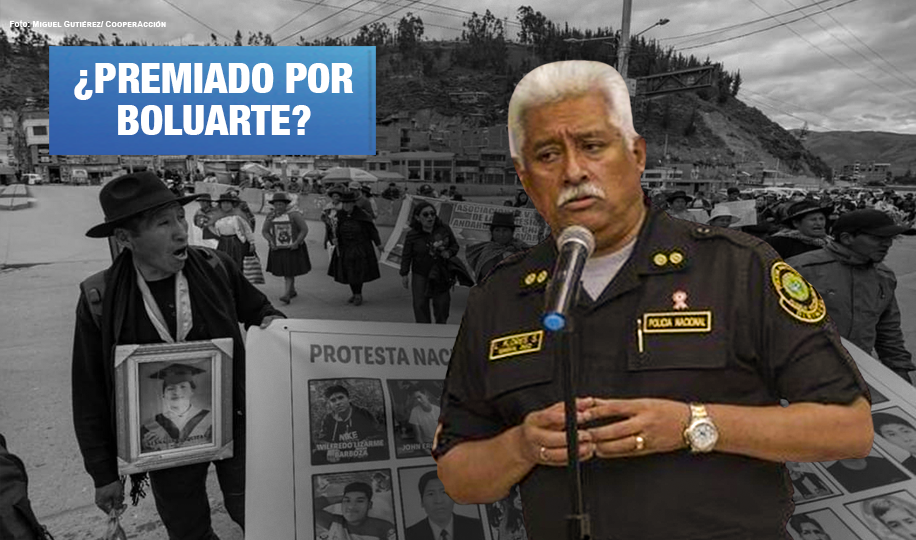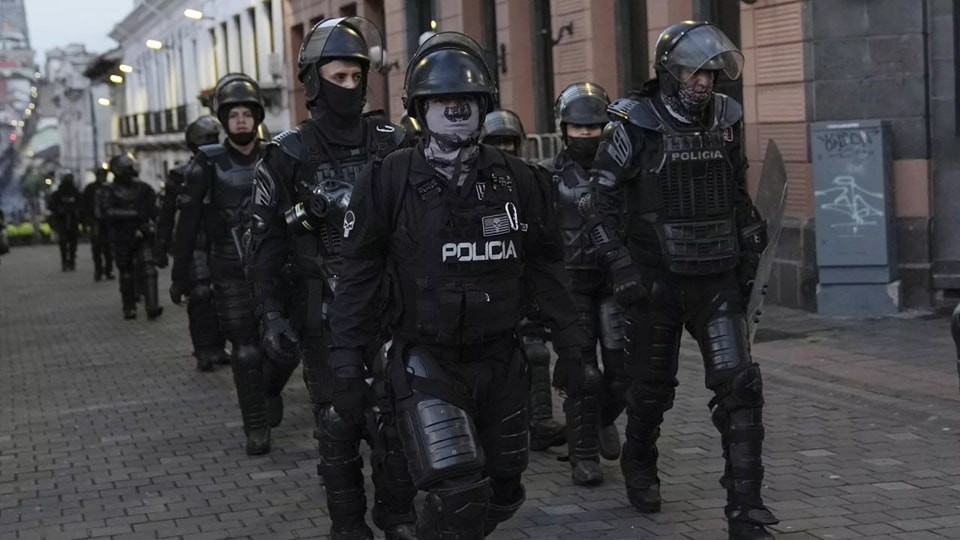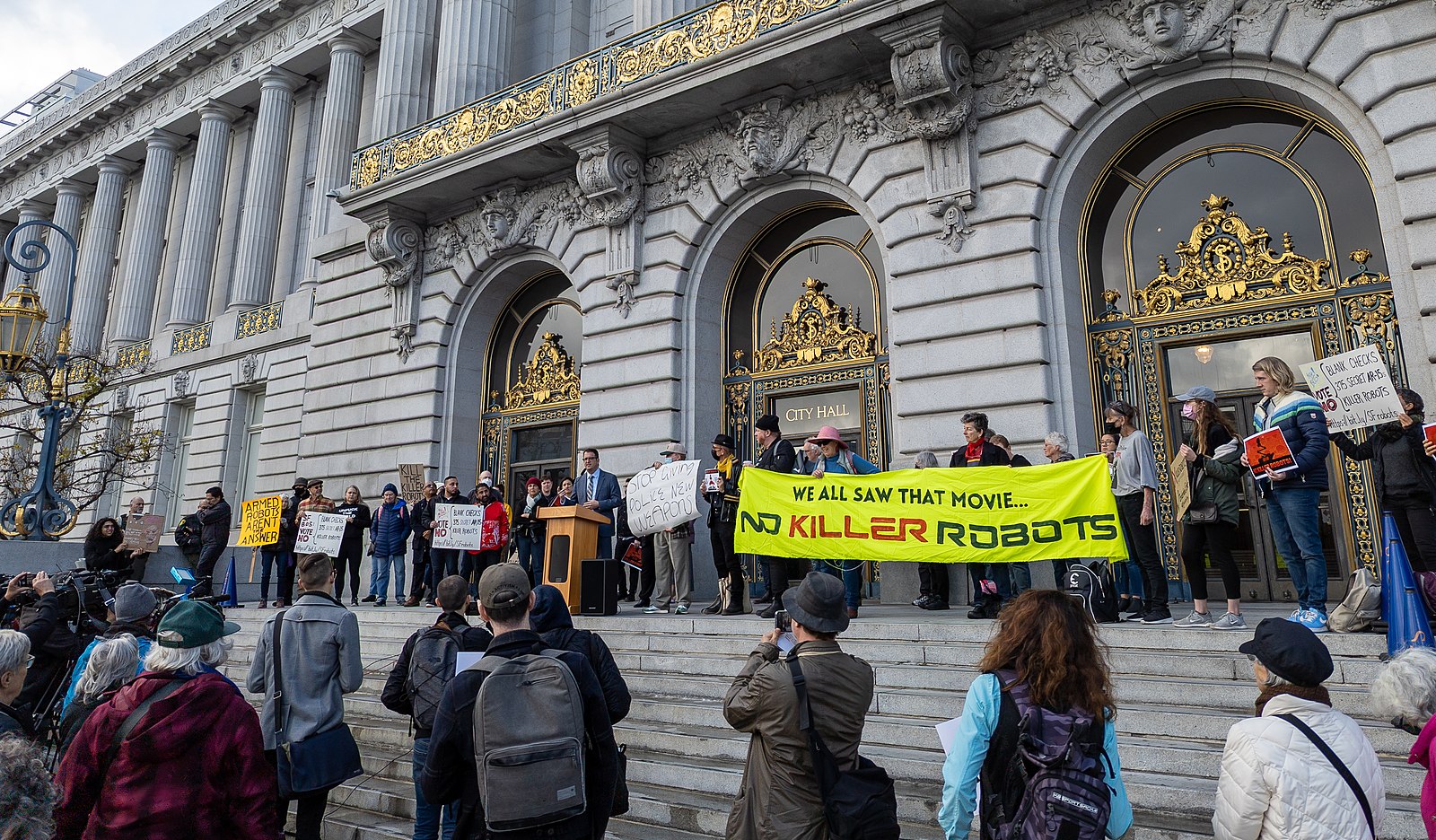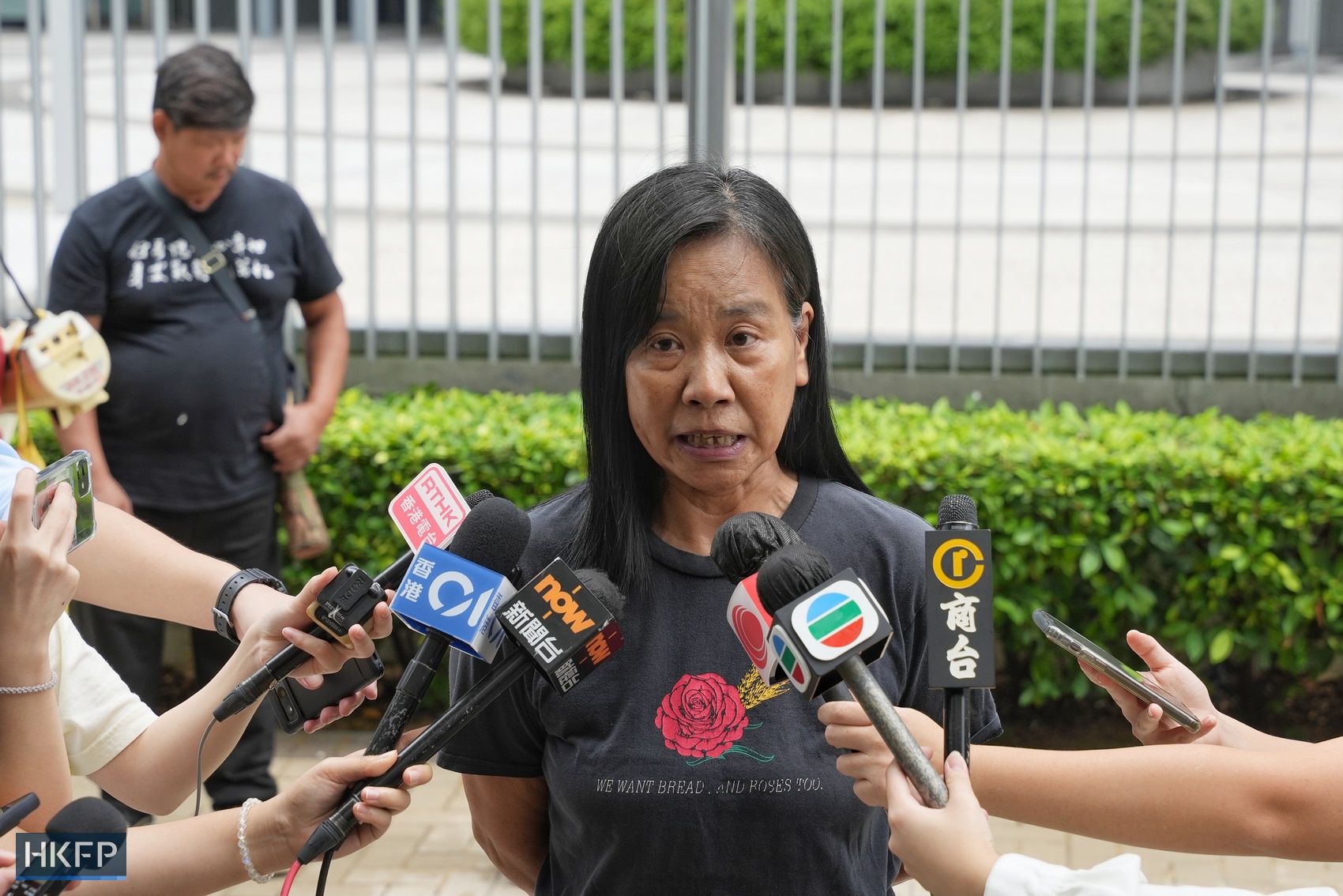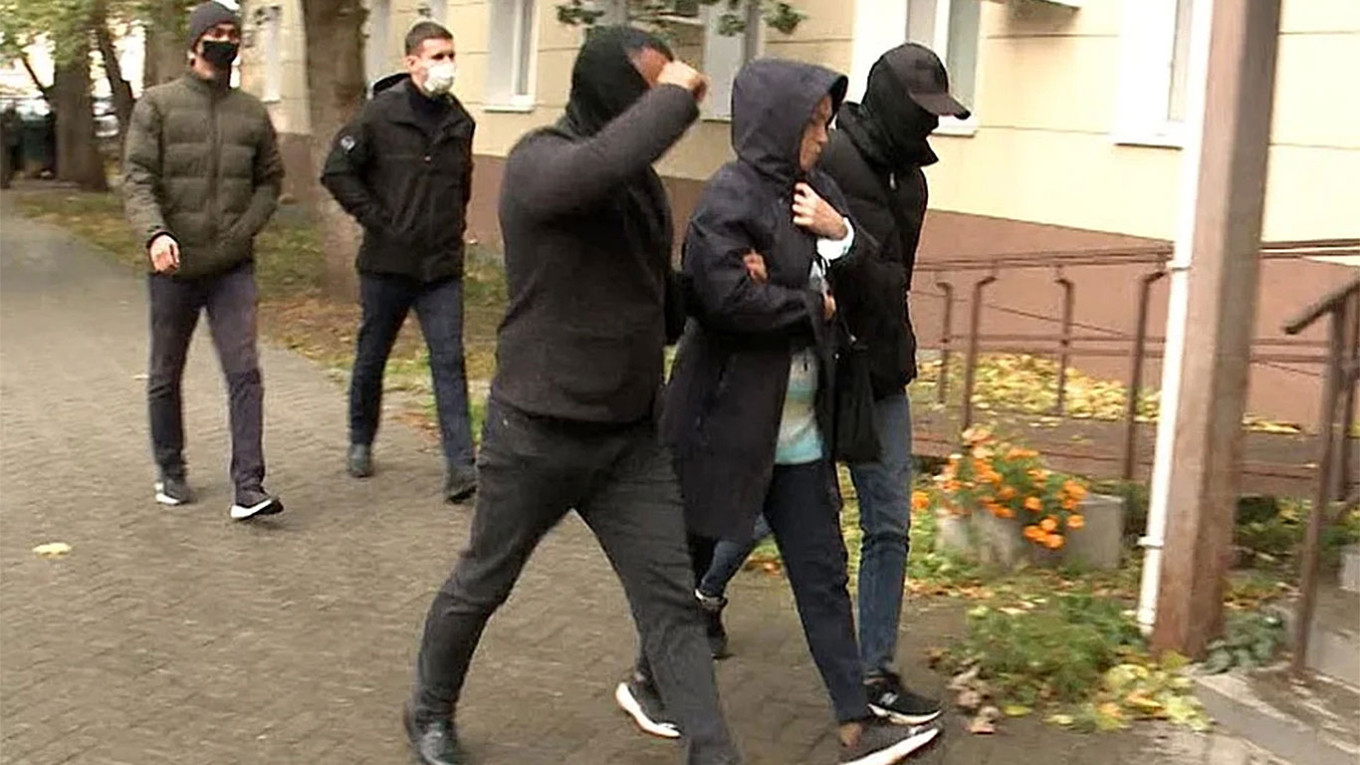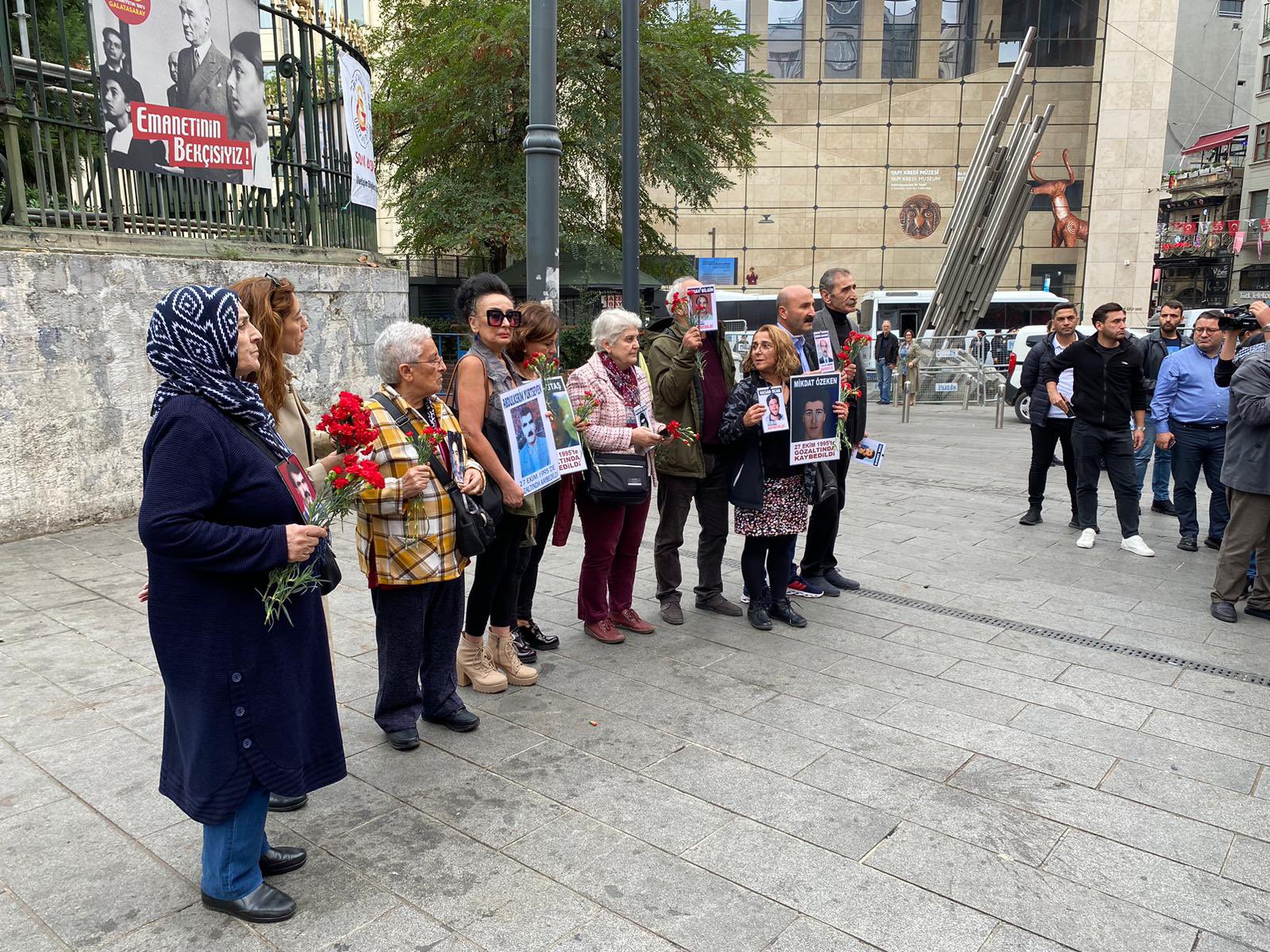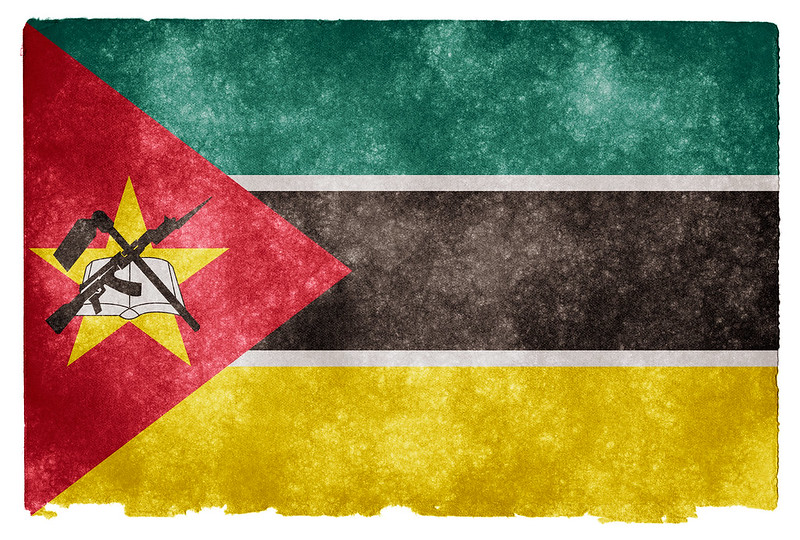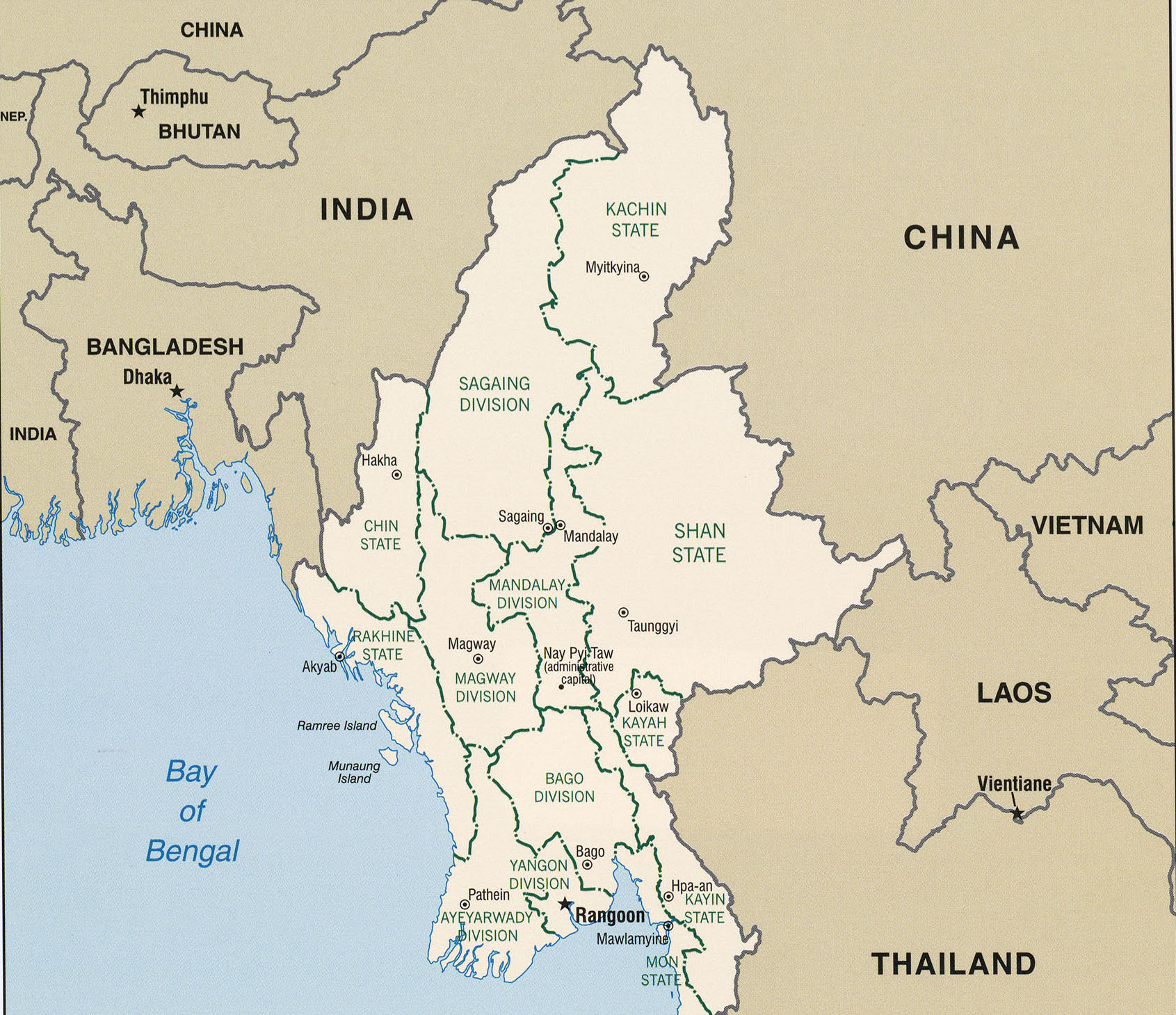
Burma junta extends state of emergency again
Burma’s ruling military junta announced that it has extended the country’s state of emergency period for another six months. The junta last extended the state of emergency by six months in July 2023 and postponed an election it had promised to hold that August. The state of emergency was first declared after the February 2021 coup, and has been continuously extended since then. While Article 425 of the Constitution stipulates that a state of emergency may only be extended twice at maximum, the junta stated that the extension was necessary as Burma is in an unusual situation. The junta blamed opposition organizations for keeping the country from conducting multi-party democratic elections. (Map: PCL)



